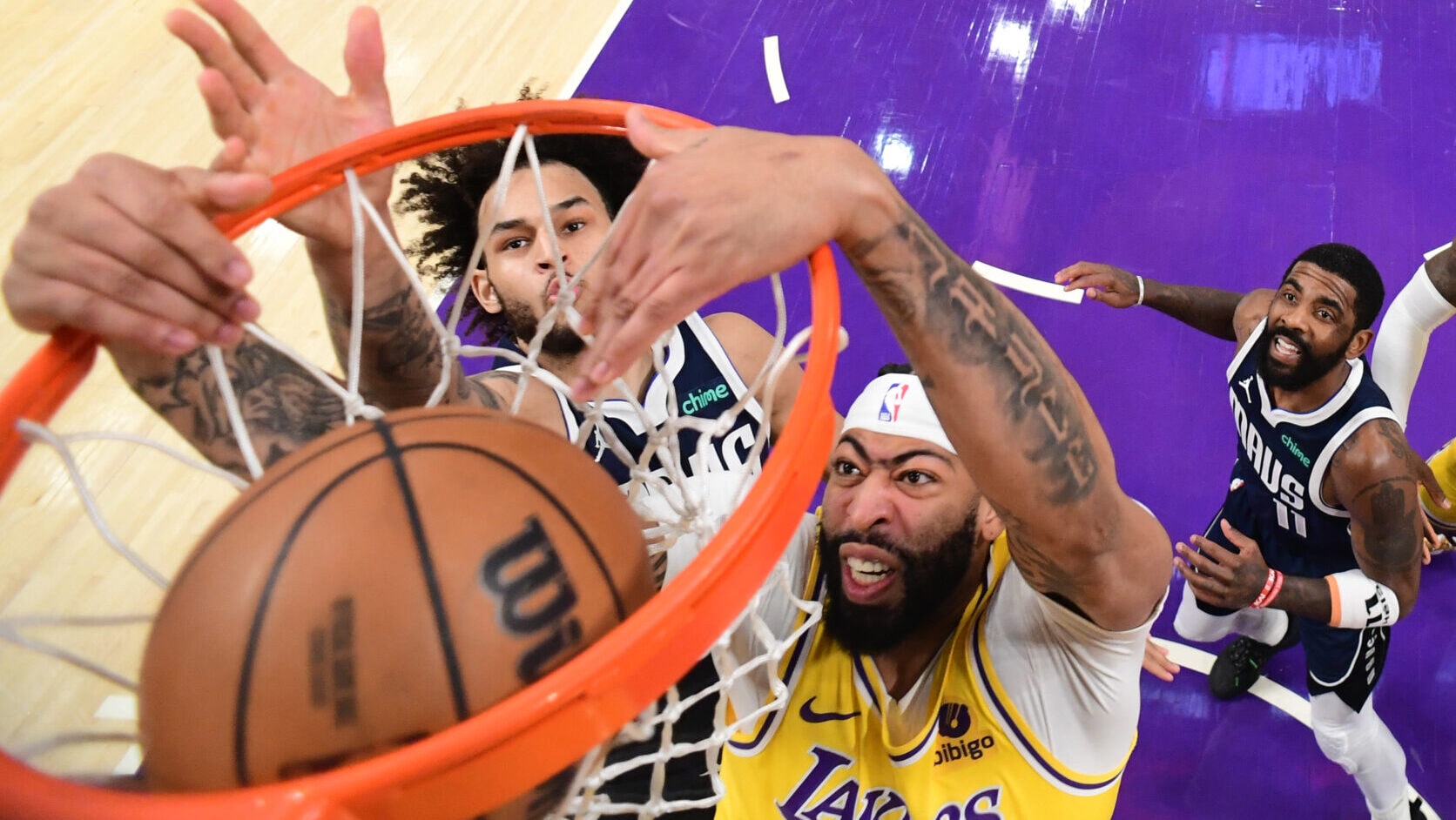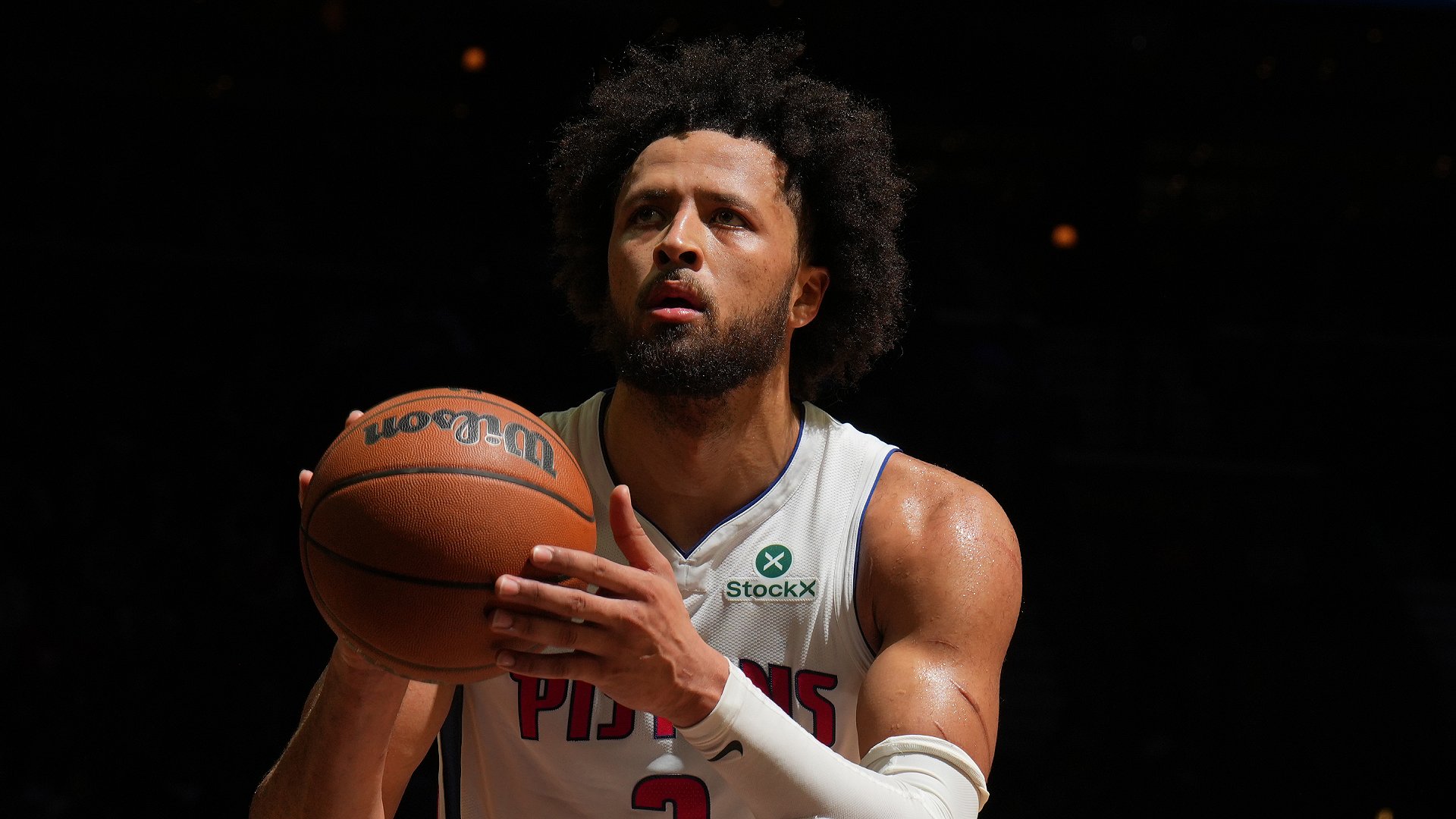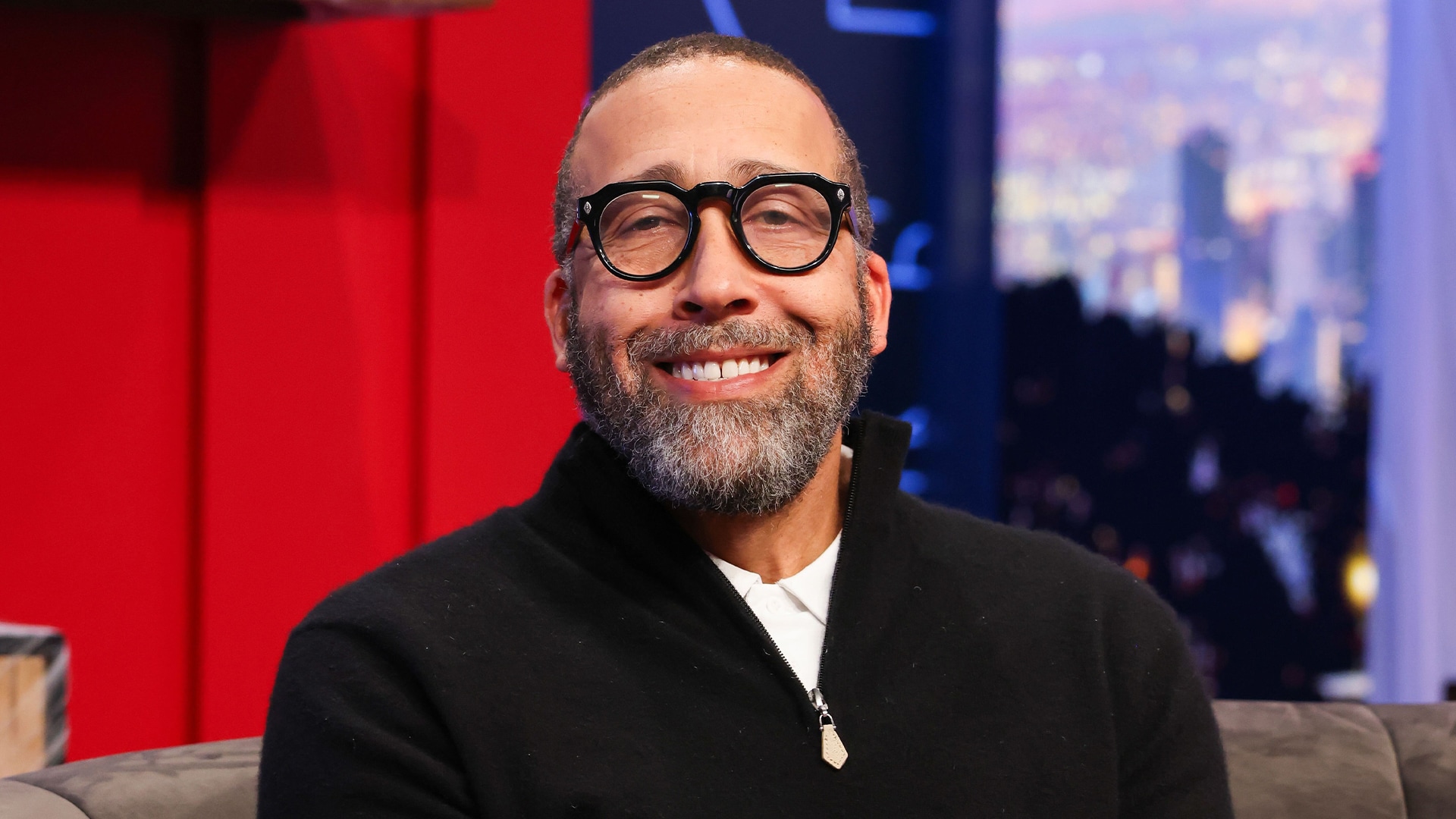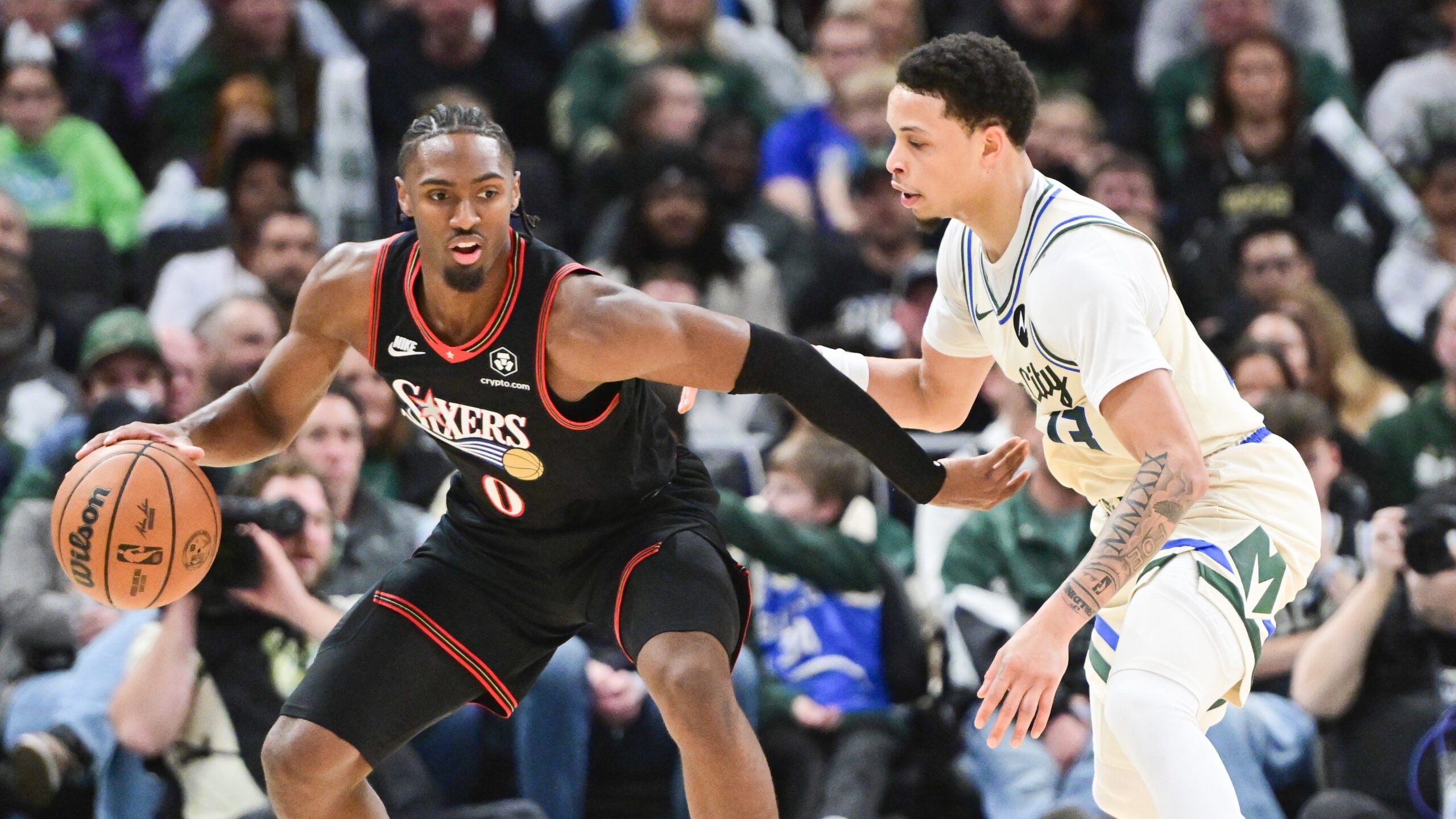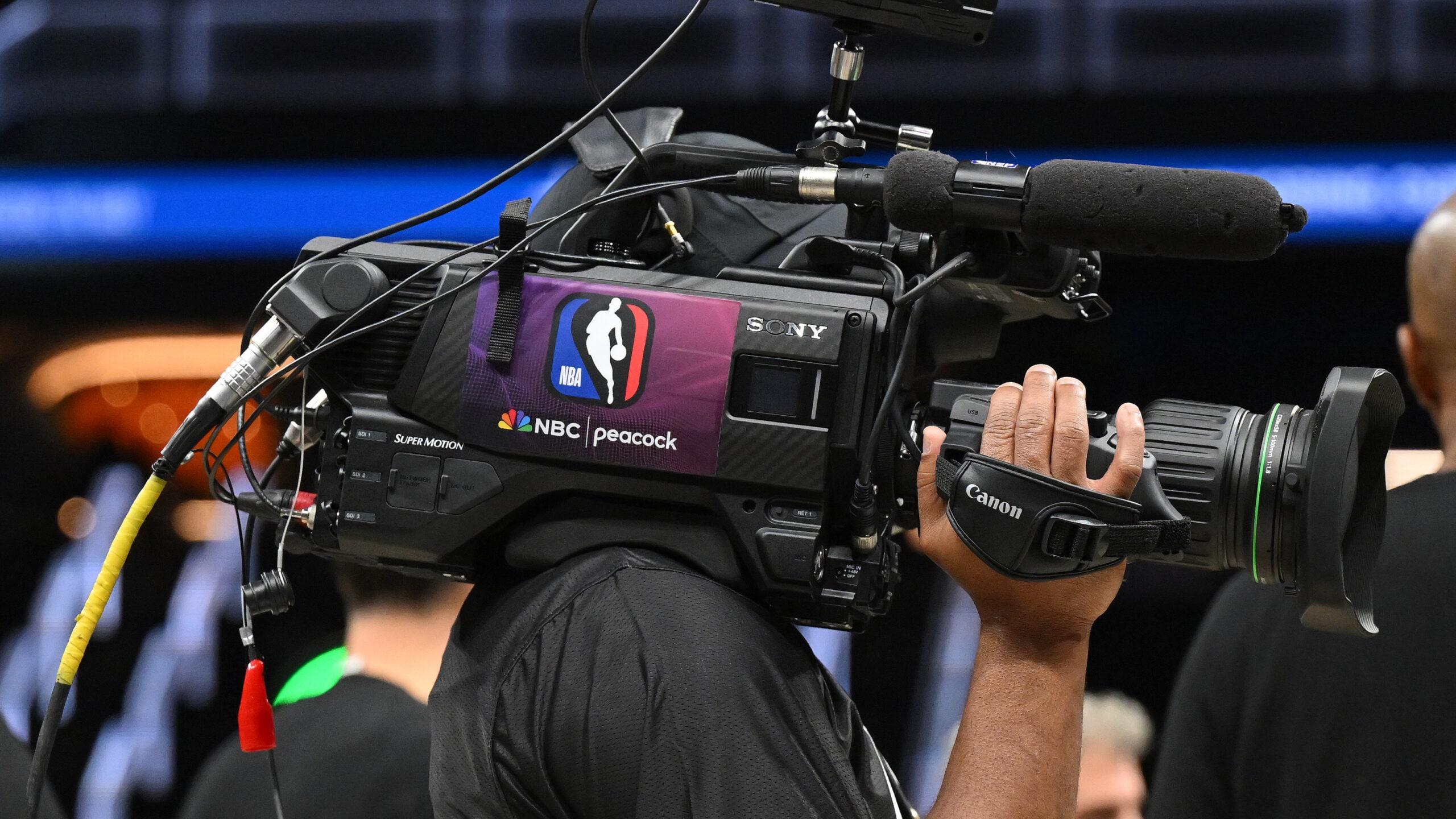With Anthony Davis incoming to Dallas after a Saturday night stunner, could the Mavericks have found a stronger path forward?
• Get NBA League Pass TODAY
• 2024-25 Trade Tracker: Every official deal
In a surprising blockbuster trade early Sunday morning, the Dallas Mavericks traded All-NBA guard Luka Dončić to the Los Angeles Lakers for All-NBA forward/center Anthony Davis.
What does this trade mean for the Mavericks, this season and beyond?
> Trending Topics: How will Luka Dončić impact Lakers?
Steve Aschburner
To me, there are a few troubling aspects to the trade for Dallas. I didn’t feel any need to add an All-NBA big man to a squad already getting strong minutes from Daniel Gafford, Dereck Lively II and P.J. Washington. Having Davis at power forward pushes Washington into chasing quicker forwards. Davis is also more than a rim-runner than the other two, so it changes how the Mavericks move the ball. His injury history is as daunting or worse, at 31, than Dončić’s and he still has the preventive option of getting in shape one of these days.
Davis cannot be the No. 1 guy on a championship team. Kyrie Irving might be fine atop this new pecking order, but it’s nearly a now-or-never proposition. I don’t see this Dallas roster getting out of the West in four months and certainly don’t see it doing so in 16 or 28 months. The weekend transaction from the Mavericks’ side feels driven by a fear of Dončić — his conditioning, his attitude somehow, or his preferred future whereabouts — and far less about life going forward with AD.
Brian Martin
The Mavericks need to win and do so quickly. Dallas left the NBA world — and its fans — in absolute shock when they dealt their franchise star to L.A. They’ll try to test the validity of the “winning cures all” phrase as they look to get back into contention in the West and into the good graces with their fanbase.
The addition of Davis should help halt Dallas’ current tumble down the West standings — they’ve fallen from fourth to ninth since losing Dončić to a calf strain on Christmas Day — and put them back in the mix with the West’s top teams.
Davis is a force on both ends of the court (he and Victor Wembanyama are the only players this season averaging 20 points, 10 boards and two blocks per game). He should fit seamlessly in pick-and-roll with Kyrie Irving and slot into his preferred position at power forward alongside centers Daniel Gafford and, eventually, Dereck Lively.
Whether or not the new-look Mavs can return to the Finals this season remains to be seen. But the timeline to do so has been accelerated. Dallas’ window to compete for championships has narrowed with three of the team’s starters — Davis (32 in March), Irving (33 in March) and Klay Thompson (35 this week) all in their 30s — compared to building around a 25-year-old superstar.
Shaun Powell
This is all about the here and now, as Mavs GM Nico Harrison said, “the next 3-4 years.” Both Anthony Davis and Kyrie Irving are in their 30s — still elite and, on their best nights, among the finest in the game. Yet, they’re in their 30s.
It’s possible Dallas could return to the NBA Finals. Dallas has beaten the West-leading Thunder three times this season (all without Davis, of course). With Davis, the Mavs own a bigger if not better frontline and Shai Gilgeous-Alexander will see hands the next time he attacks the rim. If the Mavs fail to cash in quickly, they’ll chalk it up to at least we tried and deal with the fallout then.
John Schuhmann
The outlook for this season (and next) is clearer than that of 3-5 years from now. The way the roster stands, the Mavs can be what the Lakers of the last several years were when they were at their best, a team that defends at a high level and dominates inside. But unless another trade is coming in the next few days, this team feels short on shooting, playmaking and perimeter defense.
The Mavs have some young talent under 25, so the long-term cupboard isn’t bare. But what every team wants long-term, a true franchise cornerstone, is what they just traded without getting back as much as they probably could have (like more Draft picks that could produce another cornerstone).


